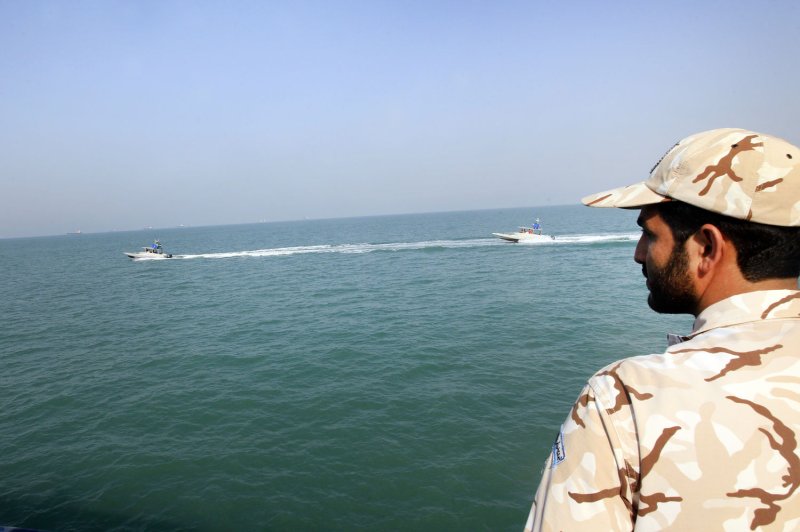U.S. diplomatic and military leaders step into Persian Gulf fray that adds a layer of geopolitical risk to the global energy market. File photo by Maryam Rahmanian/UPI. |
License Photo
July 7 (UPI) -- The U.S. military said it was pressing Persian Gulf countries to resolve lingering issues with Qatar, an issue that presents risks to the energy sector.
Saudi Arabia in June led a coalition of Middle East countries in severing ties with Qatar, adding a layer of geopolitical risk to the global energy market. Saudi Arabia is the largest oil producer in the Organization of Petroleum Exporting Countries, Qatar is a leading natural gas supplier and the Persian Gulf is a choke point for the flow of energy supplies from the region.
The countries accused Qatar of supporting terrorist networks and called on the nation to downgrade its relations with the Muslim Brotherhood in Egypt and close its al-Jazeera media outlet, among other things.
In a statement published Friday by the official Saudi Press Agency, Riyadh and its allies in Abu Dhabi, Cairo, and Manama, the capital of Bahrain, expressed "deep surprise" that Qatar rejected a list of demands aimed at resolving the dispute.
"The measures taken by the four countries are directed at the Qatari government to correct its course, which seeks to break up the Gulf Cooperation Council system and Arab and international security, destabilize the countries of the region and interfere in their affairs," the statement read.
The U.S. State Department said late Thursday that Secretary of State Rex Tillerson, the former head of Exxon Mobil, is headed to Kuwait next week at the invitation of regional leaders to discuss ongoing efforts to resolve the Gulf dispute. U.S. Defense Secretary Jim Mattis, meanwhile, spoke by phone with his Qatari counterpart to review regional ties focused in large part on counter-terrorism efforts.
"The secretary also discussed the state of relations among the nations of the Gulf Cooperation Council and the importance of de-escalating tensions so all partners in the Gulf region can focus on next steps in meeting common goals," Pentagon spokesperson Dana White said in a statement.
Apart from the GCC, several of the Persian Gulf nations engaged in the spat are OPEC members, and the row has raised questions about unity among the member states coordinating to ease supply-side strains with managed production declines.
RBC Capital Markets said last week it was concerned that regional proxy wars, or possibly even a confrontation between Saudi Arabia and Iran, could heighten risks for the broader energy markets.















